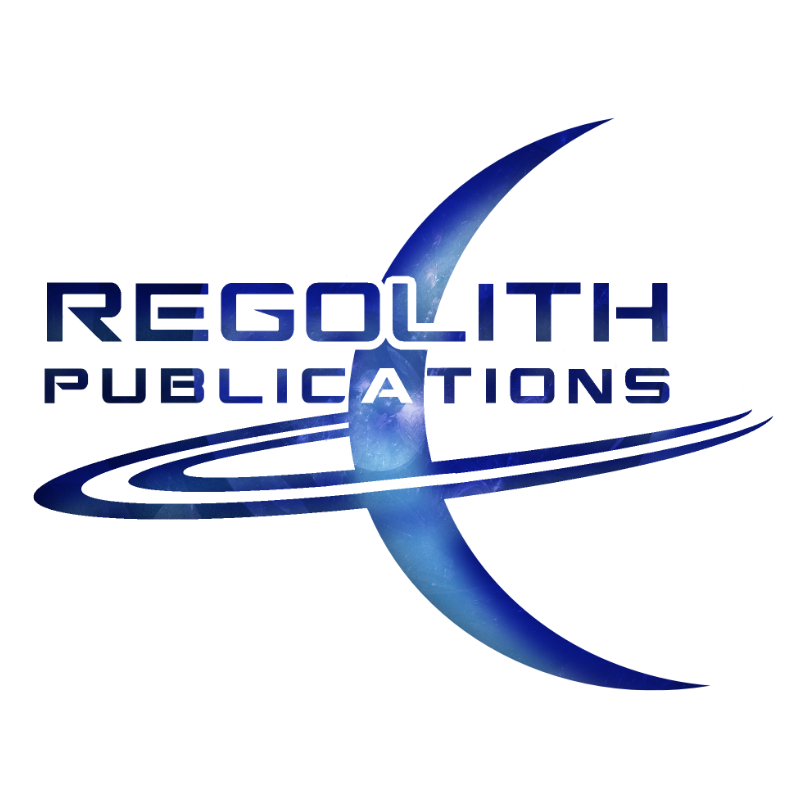|
Kurt Vonnegut once said those who had literary degrees made the worst book critics because they were ruined by good taste. LOL But I don't think he's entirely wrong.
A lot of the Indie writers I read I read merely to learn from. I try not to pass judgement on their skill from a literary perspective, because as Vonnegut said, that would simply ruin the experience of engaging with fun stories. A lot of Indie writers rely on raw talent. They haven't necessarily trained in creative writing, storytelling, literary analysis, syntax, or language theory and so just write for the love of it. And this has grown into what we refer today as genre fiction. And there are a ton of excellent genre fiction writers out there in the Indie publishing world. In fact, my Kindle is probably 80% Indie books. From all kinds of genres. Because, although Vonnegut is right in that the literary minded side of me doesn't necessarily consider many of the stories I read good storytelling, I do find a lot of excellent writing. Stuff I couldn't have thought of on my own if I didn't read and engage with Indie writers. I often hear many readers (and some authors) say they only read certain genres. I could never figure out how these people expect to become better writers themselves if they're not willing to expand their mind and learn the tricks of the trade that other writers apply in different genres. I understand having a preference over another, but to say you don't read this or you never touch that because it's not your genre -- well, that's fine if you're a reader. But if you're a writer, then I can't take you seriously. Because a professional in their sport is a professional because they learn it inside and out. And that means studying other forms of storytelling and writing styles. It doesn't mean you have to lock yourself into those styles and techniques, per se. Just learn from them. Study what makes them work. Then incorporate them, or a modified version of them, into your own work as a writer and author. Put a new spin on an old writing trick, for example. This is what Mary Shelley did when she wrote Frankenstein and spawned the science fiction genre. She took the popular gothic ghost stories of the day and incorporated the weariness of modern science being reported in the daily news and meshed them together in a frightening tale of science gone horribly wrong. Granted, we all can't be Mary Shelley. She was a genius writer with a stroke of genius and wrote a genre defining novel one stormy night. But we can aspire to be like Mary Shelley. And as long as we keep pushing ourselves, we keep learning, keep expanding on our set of skills as writers, then we will incrementally get better. My reading preference is non-fiction. In fact, until I started publishing regularly I read almost exclusively non-fiction. Science and physics books mainly. Lots of chemistry. Lots and lots of cosmology. So, I understand having preferences as a reader doesn't usually line up with one's writing. Hey, I write mainly speculative fiction. But I've taken a lot of the information I've accrued over three decades of reading science and have sprinkled it throughout my speculative fiction. And although I've never written straight up hard sci-fi (except for a couple of short stories) I do like to think all my science fiction is rooted in science reality. Even when it's set within a sci-fi fantasy world. That's what reading different genres is like. You can learn to incorporate things you wouldn't have necessarily thought to do because it's not part of the genre you're writing in. You take the best and leave the rest, as the saying goes. And, at the end of the day, hopefully you push yourself to become a better writer. I've improved as a writer immensely since my first book BITTEN. But, when I look back on BITTEN and re-read it, I can be proud that it still holds up. It is still quality. In fact, I wasn't even a big horror guy when I wrote it. I had to read about a dozen zombie books and watch about a dozen zombie films before I even attempted writing it. I needed to learn the vocabulary, the tone, and the style to zombie fiction and horror. But the whole reason I chose to write that book in the first place was to push myself as a writer. To learn a new set of skills. You might say, I was chasing Mary Shelley, in a way. At the time I was researching BITTEN, the Indie market had a zombie fiction boom. That's what pulled me into the Indie world and I haven't looked back since. So, the lesson to take from this? Never limit yourself as a writer. Push yourself to learn new skills, and your writing and storytelling will benefit from it. Don't read just one genre. Read them all. And don't think that just because you learned good taste early on that there isn't something an Indie writer without credentials couldn't teach you. There's always room for improvement. And, since the indie scene often gets a bad rap for its lack of professionalism, I will say this. As someone with a literary background, one of the things that sets the Indies ahead of all the rest is that many Indie writers aren't bound by the literary expectations of the gatekeepers and scholars who decide what is and what isn't quality literature. They can dare to break the rules. And they often do. To great success. I'm currently burning through the Vampire Hunter D novels by Hideyuki Kikuchi even though Vampires aren't really my thing. The novels have a lot more going on in them than vampire lore. They're excellent. And although it far outside my wheelhouse, I'm learning a lot from it. This has been a friendly PSA on writing.
0 Comments
|
Tristan VickBy day I am an educator and a cultural ambassador. By night I entertain notions of being a literary master. In reality I am just a family man and ordinary guy who works hard and loves writing just about as much as I love my family. Just about. AVAILABLE NOWNEWSLETTER
|
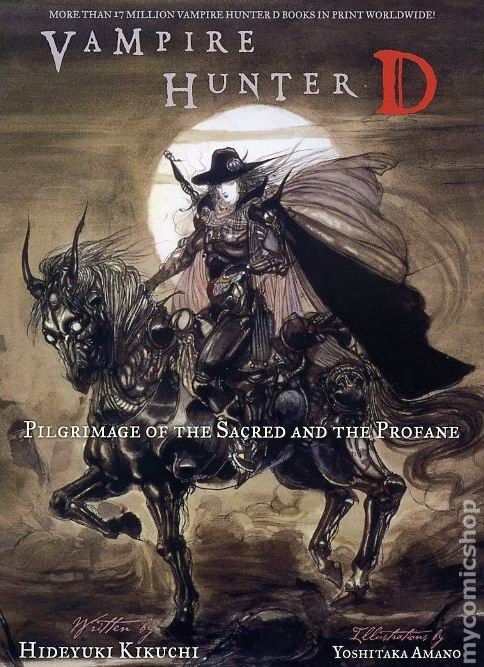
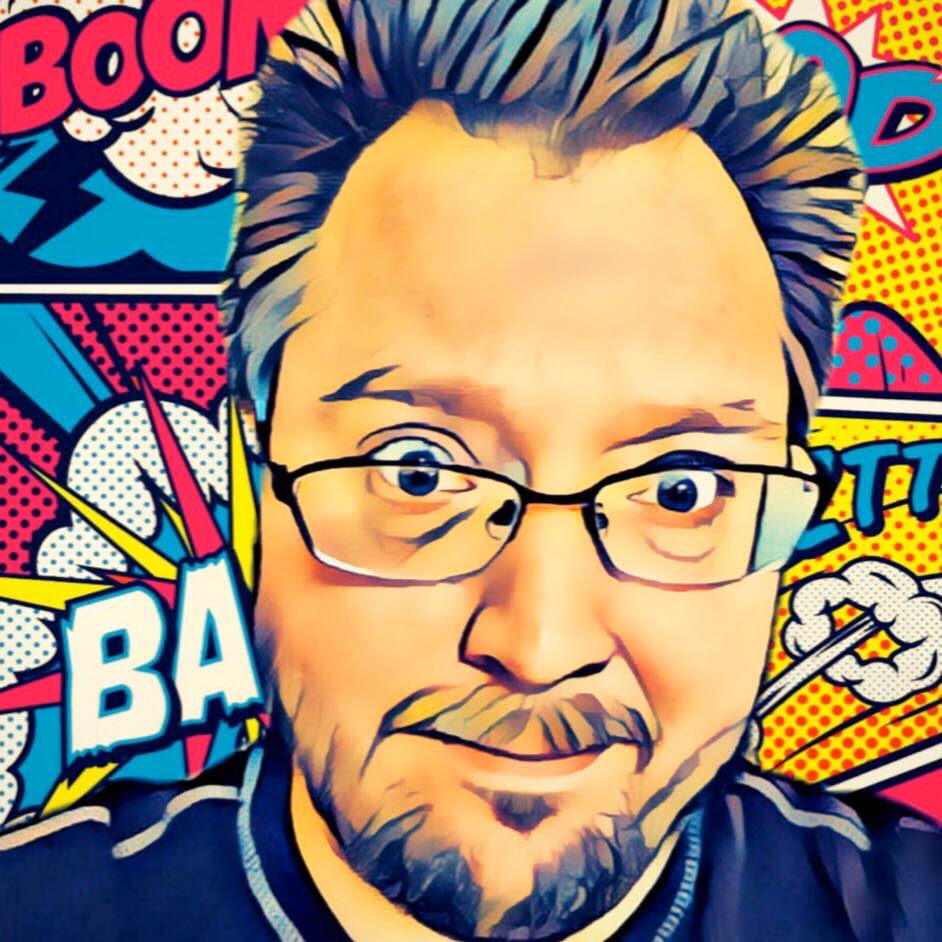
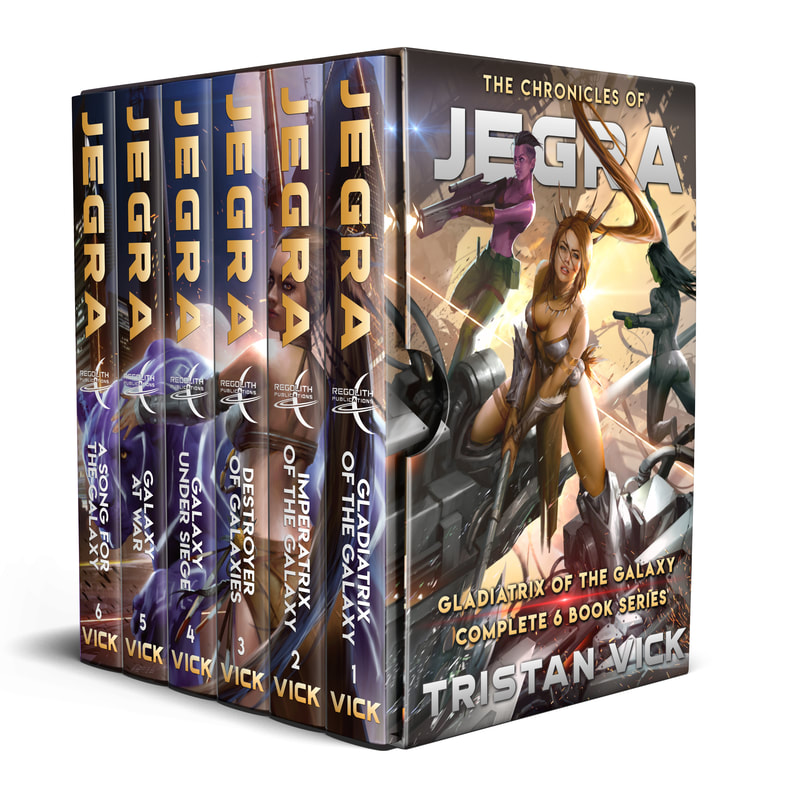
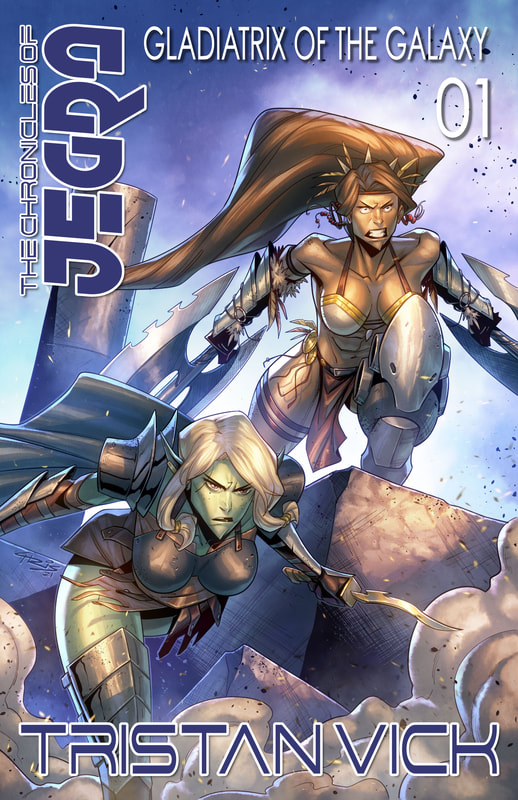
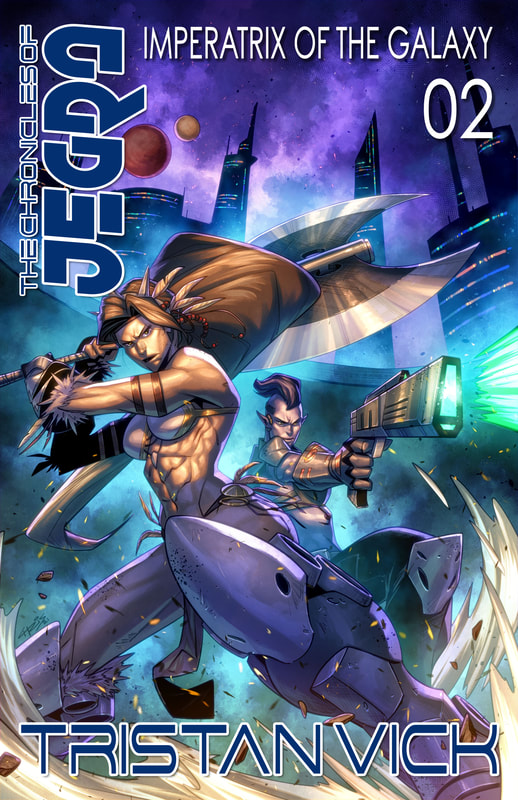
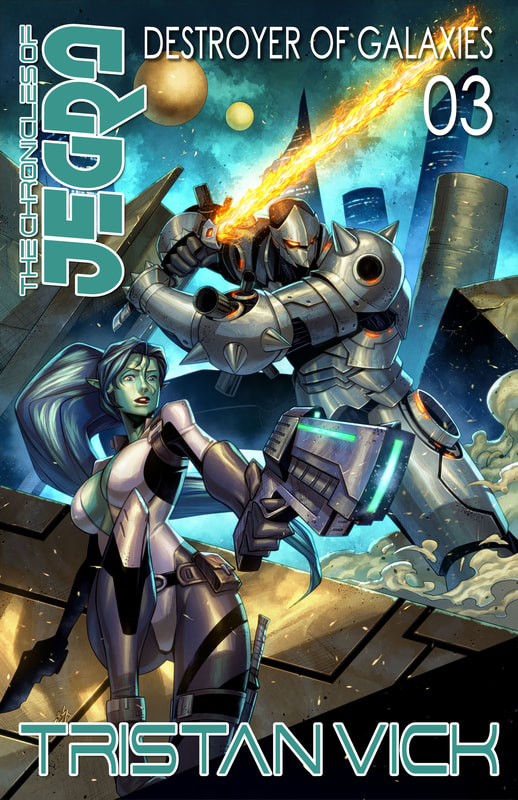
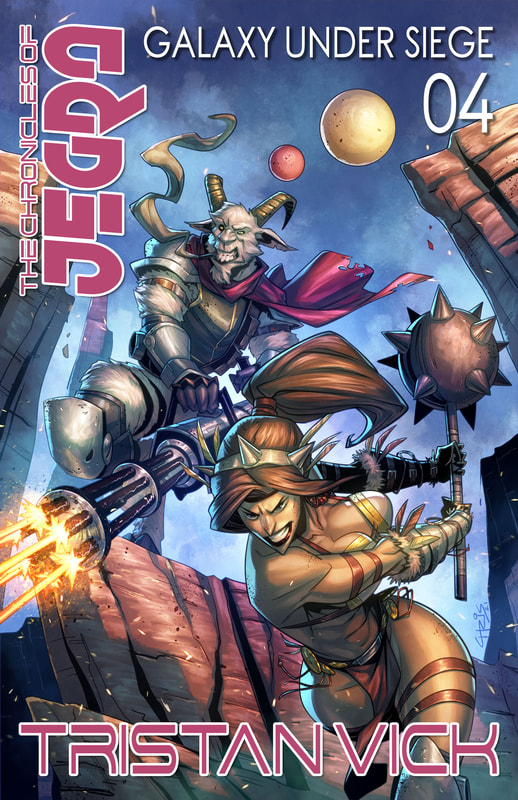
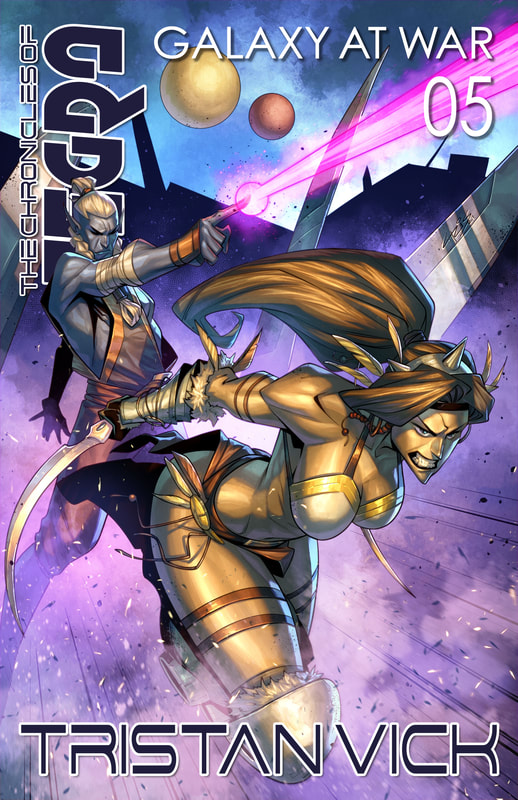
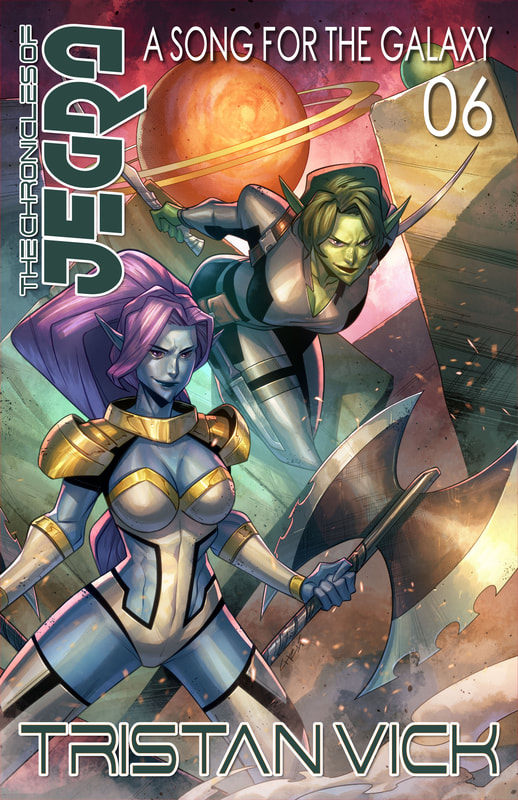
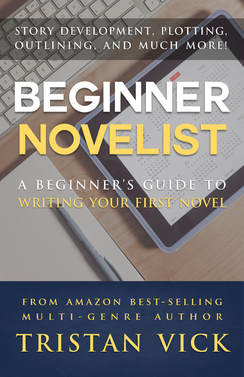
 RSS Feed
RSS Feed
